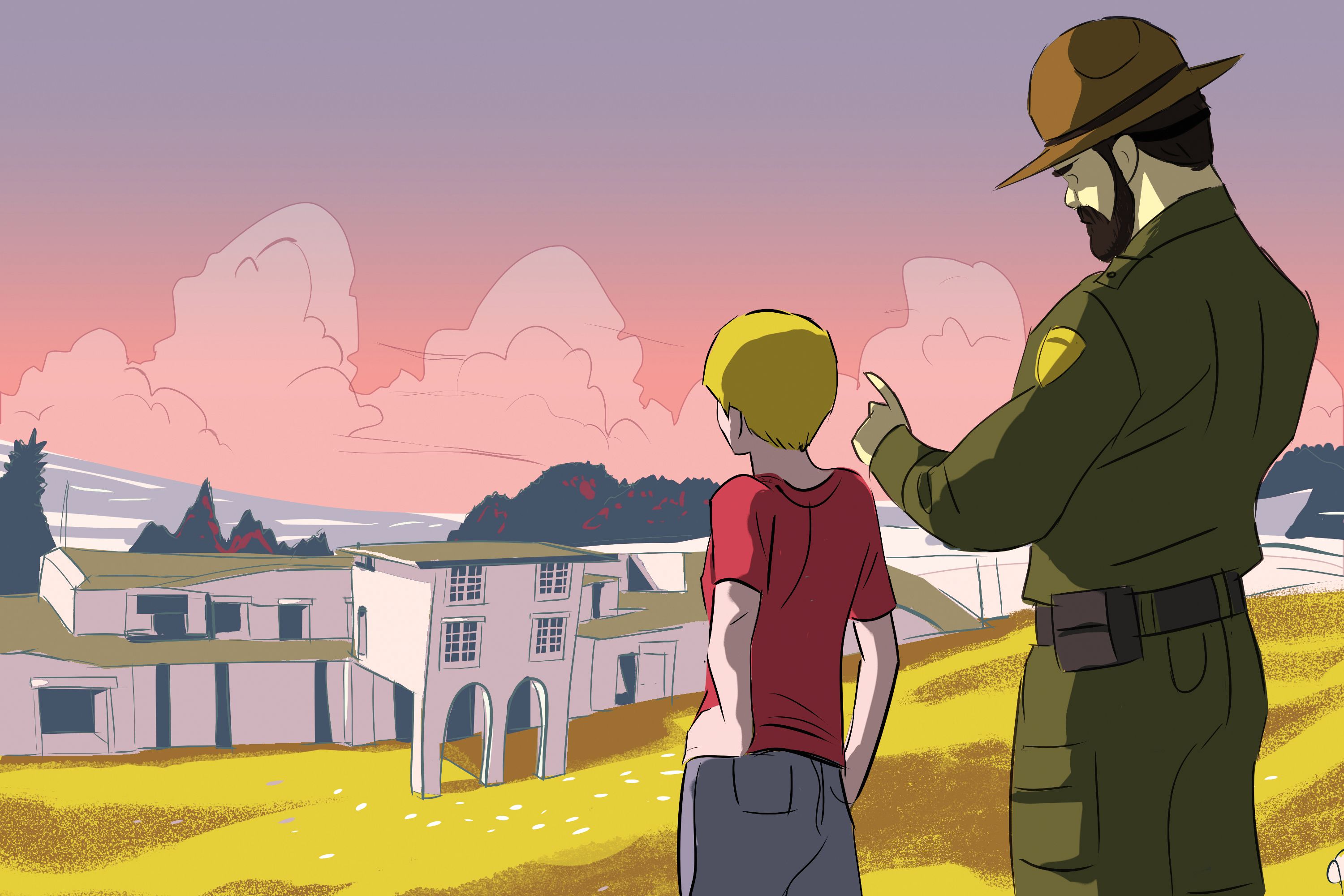Opinion
The Senate Attack on Children's Health Is Not Reform

Despite media reports, much of what’s going on in the state Capitol right now isn’t really about balancing the budget. Nor is it—despite the claims of some lawmakers—about reforming how we deliver critically important services.
Nowhere is this more apparent than in the Senate, where so-called “reform” would break our commitment to making sure all children in our state receive adequate and timely health care.[pullquote]Reform implies waste. Apple Health for Kids doesn’t fit the bill—unless the Senate thinks healthy kids are just a waste.[/pullquote]
From extending to women the right to vote decades before the 19th Amendment, to creating exemplary public records laws, the legacy of real reform is something Washington state lawmakers would be proud to sustain.
Genuine reform makes its target more efficient, effective, transparent, sustainable, or fair. What our state Senate budget leaders are proposing for children’s health coverage is the exact opposite.
Apple Health for Kids is our state’s award winning health coverage plan for children. The Senate’s budget proposal would limit enrollment in the plan, denying at least 2,500 children access to health care—and undo reforms that fixed a once chaotic system.
Since a bi-partisan majority of lawmakers created the Cover All Kids law in 2007, our state has worked diligently to make sure children don’t fall through the cracks. Parents now have assurance that their kids can see a doctor, dentist or other medical professional, even if they don’t have good jobs with whole-family benefits. We now cover more children, nearly 700,000, more efficiently than ever before.
Before Apple Health for Kids, the answer to the simple question “Can my child see the doctor?” was: Maybe, if you’re lucky. Back then, constant changes to kids’ health coverage programs created havoc. We had an alphabet soup of separate acronym-heavy programs covering different groups of kids at different income levels. Our state’s kids were at the mercy of recurring boom-and-bust cycles; the state would provide preventive medical care when times were good, but shove them toward the ER when times were not. The result was confusion, suffering, and inefficiency.
Now, Apple Health for Kids provides a single, streamlined approach. It covers four in 10 kids in the state. Fewer kids in our state are uninsured than ever before. But the Senate is proposing to reheat the alphabet soup and season it with some bureaucratic waiting lists. They propose to take us backwards. That’s not reform. It’s backsliding from our core principles. And it’s not a step forward to make government more efficient and effective. It’s a retreat.
Without health coverage for kids, families postpone their medical or dental needs, which lets simple problems fester until they’re costly and chronic. This both raises costs for taxpayers and undermines kids’ health. When we spend less to cover kids, we spend more taking care of them after something terrible happens.
The Senate would undo efficiencies that are now hard-wired into a nationally recognized program. The second bill ever signed by President Obama set up high standards for state-run children’s health programs, and Apple Health for Kids is meeting the standards. For two years running, Apple Health has won the Obama seal of approval: the feds are awarding our state $80 million in extra funds because we’re running such an efficient program.
Fairness, effectiveness, efficiency: Apple Health for Kids doesn’t need reform. It IS reform.
Perhaps the Senate is purely trying to cut spending. But without needing to, they also revoke the commitment made based on the common value that all kids should get health care.
Some Senate budget leaders are deploying the word “reform” to cast doubt on the soundness of solidly built structures. Here’s their strategy: acknowledge scarcity, hint at waste, and get out the sledgehammer.
Reform implies waste. Apple Health for Kids doesn’t fit the bill—unless the Senate thinks healthy kids are just a waste.
Jon Gould is the Deputy Director of the Children's Alliance




